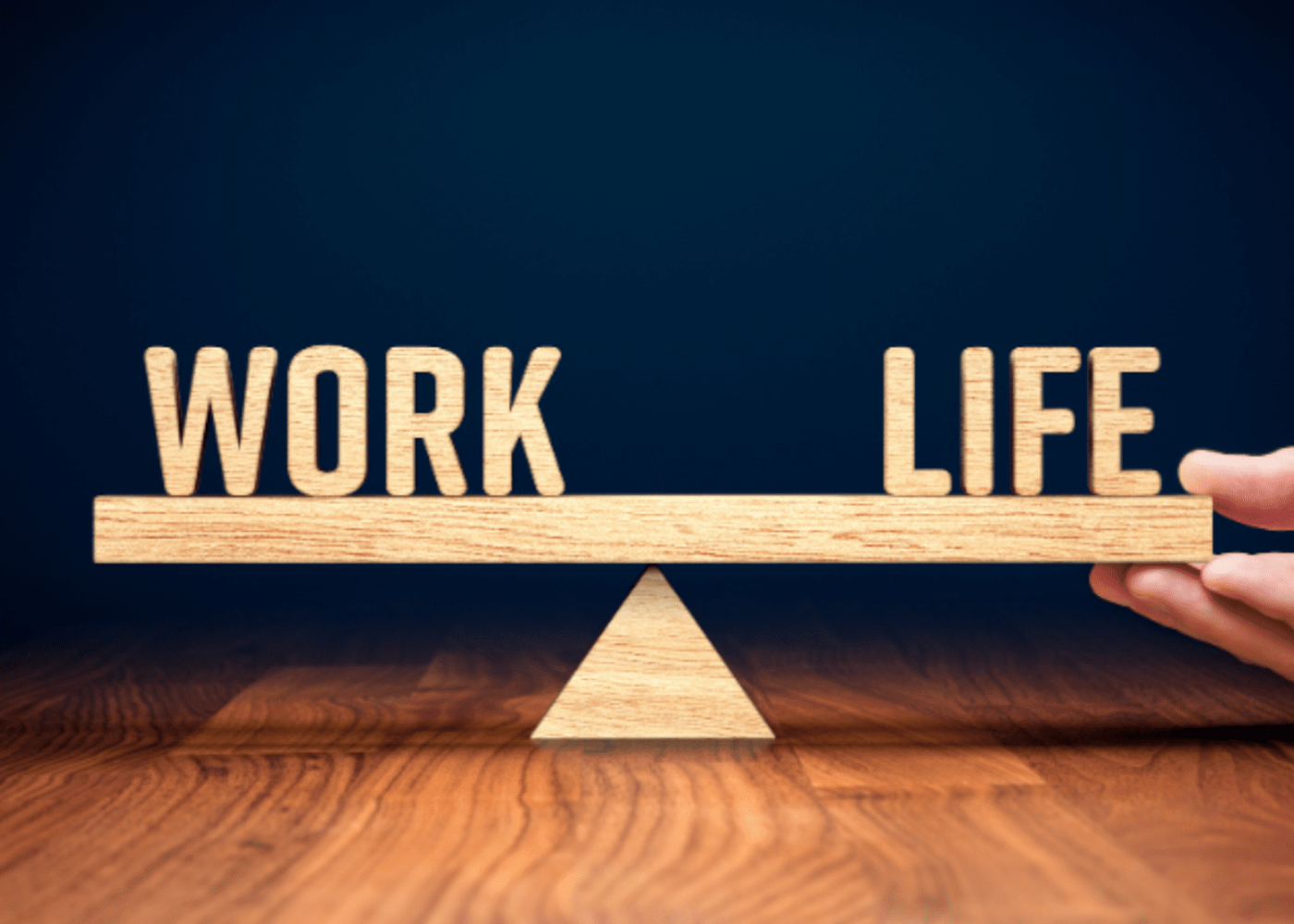In today's fast-paced world, many of us find ourselves caught in a never-ending cycle of work and responsibilities, often neglecting the importance of maintaining a healthy work-life balance. We live in an era where technology blurs the boundaries between professional and personal life, making it increasingly challenging to switch off and unwind. However, balancing work and life is crucial for our overall well-being and productivity. In this blog, we'll explore why work-life balance matters and offer three practical suggestions for accomplishing it.
The Importance of Work-Life Balance
Improved Mental and Physical Health
One of the most compelling reasons to prioritize a healthy work-life balance is its positive impact on both mental and physical health. When work takes over your life, stress and burnout become frequent companions. This can lead to various health issues, including anxiety, depression, insomnia, and chronic diseases like heart disease and hypertension. Creating clear boundaries between work and personal life can reduce stress levels, improve your mental well-being, and boost your overall physical health.
Enhanced Productivity and Creativity
Contrary to the belief that working more hours leads to increased productivity, research has shown that a balanced approach is more effective. When you allow yourself time for relaxation and leisure, you recharge your mind and improve your creativity. Taking breaks and pursuing hobbies outside of work can lead to innovative thinking and problem-solving, making you more productive when you return to your tasks. A well-rested mind is a more efficient one.
Stronger Relationships and Fulfillment
A healthy work-life balance doesn't just benefit your well-being but also enhances your relationships with loved ones. Spending quality time with family and friends, participating in social activities, and pursuing personal passions can strengthen your connections and bring you a sense of fulfillment. Neglecting these aspects of life can lead to feelings of isolation and loneliness, negatively impacting your mental health and overall happiness.
.png)
Our Top 3 Suggestions to Help You Achieve Work-Life Balance
Now that we understand the importance of work-life balance, let's explore three practical suggestions to help you achieve a better balance:
Set Clear Boundaries
Establishing clear boundaries between work and personal life is essential. Define your work hours and stick to them as closely as possible. When your workday is over, avoid checking emails or taking work-related calls. Use this time to engage in activities you enjoy, spend time with loved ones, or relax. By creating distinct boundaries, you'll prevent work from encroaching on your personal time.
Prioritize Self-Care
Make self-care a non-negotiable part of your routine. This includes getting enough sleep, eating healthily, and exercising regularly. Additionally, practice mindfulness and relaxation techniques, such as meditation or yoga, to reduce stress and promote mental well-being. Taking care of yourself physically and mentally is the foundation for achieving work-life balance.
Plan and Organize
Effective time management and organization can significantly impact your ability to balance work and life. Create a schedule that allocates time for work tasks, personal activities, and relaxation. Prioritize your most important tasks and delegate when possible. Planning and organizing your days allows you to make time for what matters most to you outside of work.
Conclusion
Maintaining a healthy work-life balance is more critical than ever in a world where work demands can often feel overwhelming. Prioritizing your mental and physical health, enhancing productivity and creativity, and nurturing your relationships are all vital aspects of a balanced life. By setting clear boundaries, prioritizing self-care, and planning your time effectively, you can achieve a work-life balance that allows you to personally and professionally thrive. Remember, it's not about working less; it's about working smarter and living fuller.
